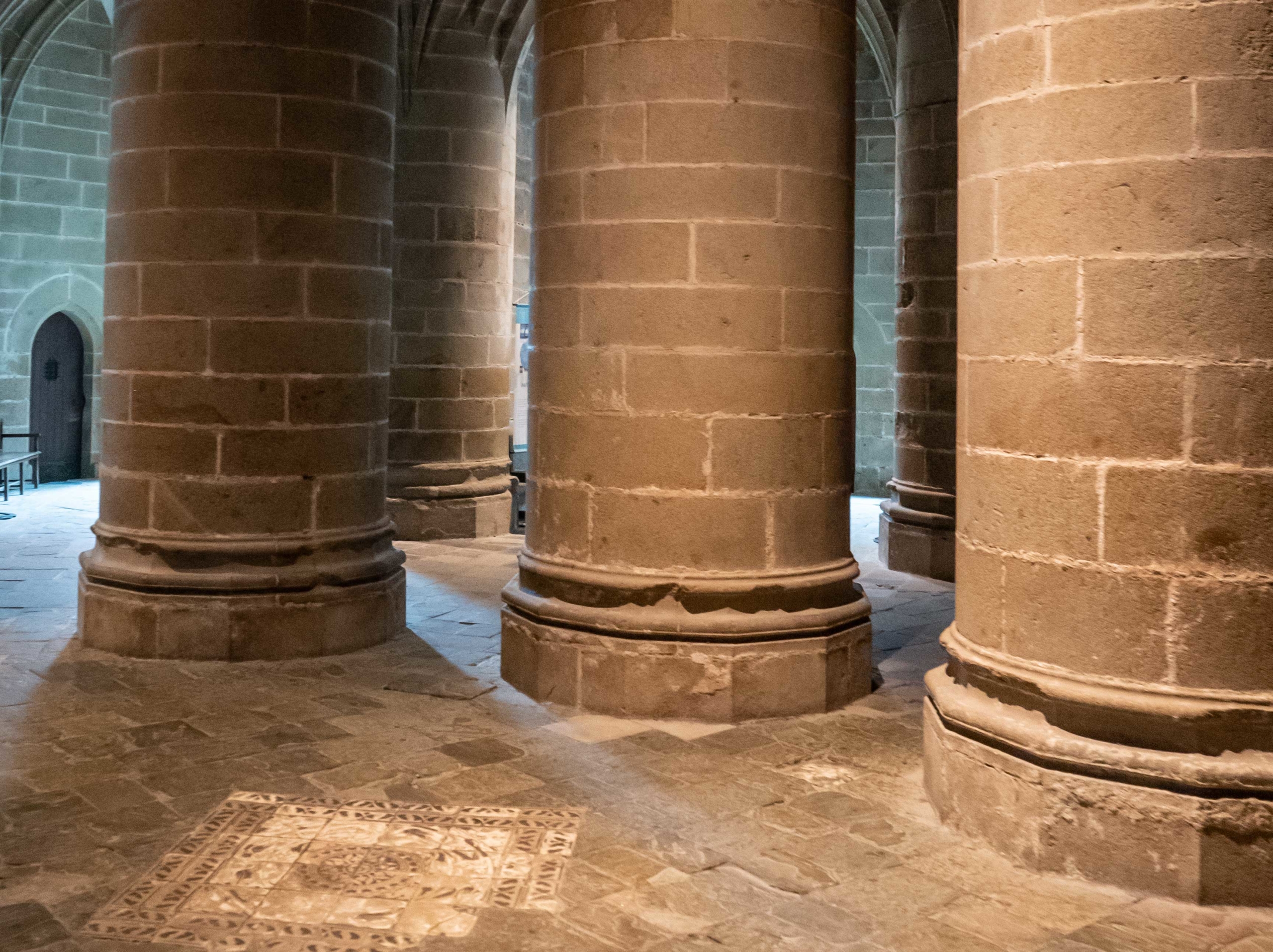the Essays & Reflections
Category: Understanding Christianity
Theology & Translation
To talk about Christianity is to engage with philosophy. At the heart of these conversations are expansive and complex relationships. To see and seek to understand these relationships is the core aim of Theology. How do we relate to God? To one another? To creation? To ourselves? As Christians, we read the Bible to help guide our understanding. These biblical texts are sustained and translated for us through interpretive lenses of scholars. Translation is always interpretation and theological.
-
Translating the Psalms for a Book of Hours
Translating scripture is a complex process. I pull back the curtain on the translation process of the Psalms for the Divine Office. From sources to some of the complexities involved in this interpretive process.

-
Discover the Tradition of Christian Mysticism
The tradition of Christian Mysticism has roots in second temple Judaism. It’s woven its way through nearly every denomination and movement of the Church for two millennia. Let this brief overview help you learn about mysticism.

-
Theology – What is it?
Theology attempts to answer one or more of three questions: 1) How does God relate to people and creation? 2) How do people relate to God? 3) How do people relate to the rest of creation?

-
When the Bible Changed for Me
A subtle change in the how I see Scripture and the bible took place. A change that is rooted in appreciating the people and places of the texts.
